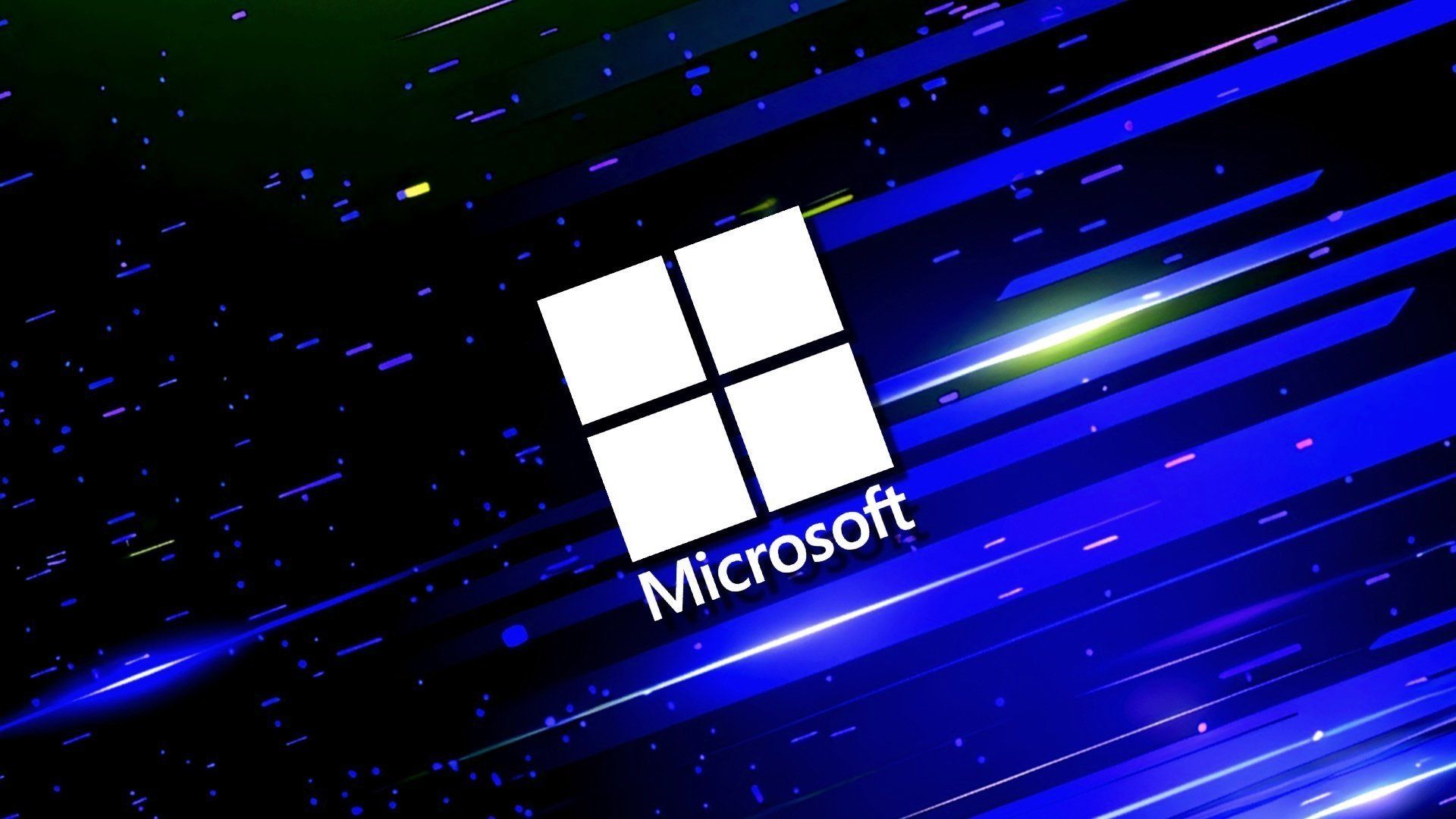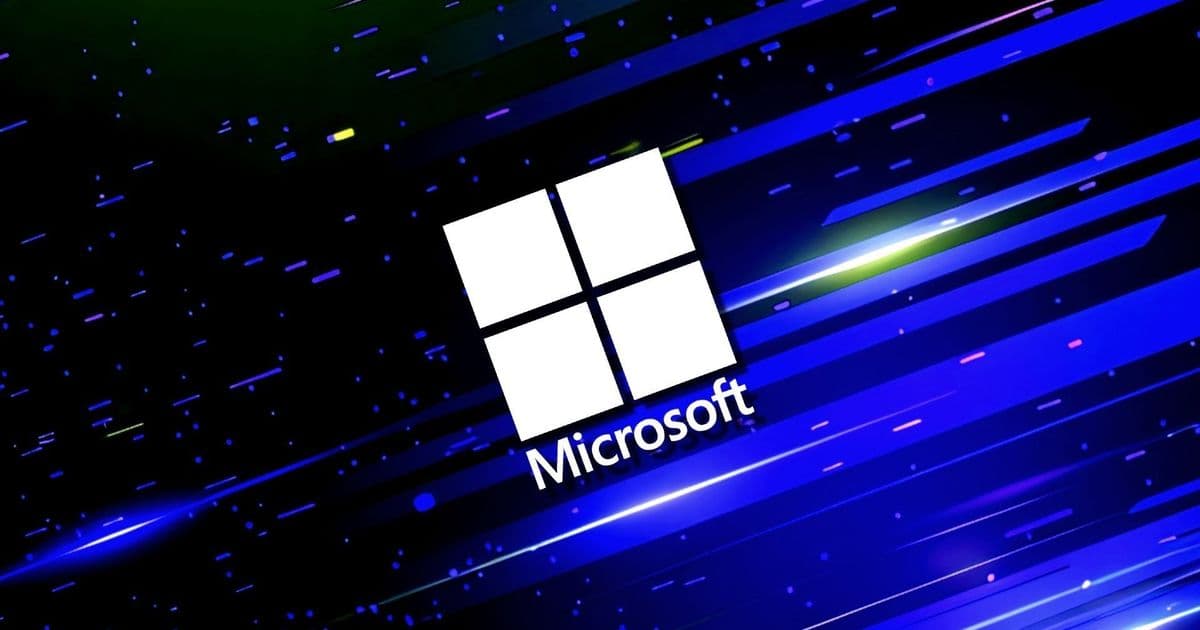Microsoft has elevated its .NET bug bounty rewards to $40,000 for critical vulnerabilities, expanding the program's scope to cover .NET Core, ASP.NET, and related technologies. This strategic shift aims to incentivize deeper security research amid ongoing efforts to address criticisms of its security culture following a damning government report.

In a significant escalation of its security incentives, Microsoft has announced expanded rewards of up to $40,000 for critical vulnerabilities in its .NET and ASP.NET Core ecosystems. The update, detailed by Madeline Eckert, Senior Program Manager for Researcher Incentives at Microsoft, targets flaws like remote code execution and privilege escalation, while also broadening the program to include F#, GitHub Actions, and ASP.NET Core templates. This move isn't just about bigger payouts—it's a calculated response to mounting pressure for Microsoft to fortify its defenses after a scathing 2023 Department of Homeland Security report labeled its security culture "inadequate."
The New Bounty Landscape
Under the revised structure, Microsoft now offers:
- $40,000 for critical remote code execution (RCE) or privilege escalation vulnerabilities
- $30,000 for critical security feature bypasses
- $20,000 for critical remote denial-of-service (DoS) flaws
The scope now encompasses all supported versions of .NET and ASP.NET Core, including Blazor and Aspire frameworks, marking a deliberate effort to cover more ground in Microsoft's sprawling developer toolkit. Eckert emphasized that these changes "more accurately reflect the complexity" of uncovering such flaws, acknowledging the sophisticated expertise required from security researchers.
A Broader Security Reckoning
This bounty expansion is a pillar of Microsoft's Secure Future Initiative (SFI), launched in late 2023 to overhaul its cybersecurity engineering practices. The SFI emerged directly from the DHS Cyber Safety Review Board's indictment of Microsoft's security gaps, which called for an urgent cultural shift. By attaching substantial financial incentives to .NET—a cornerstone of enterprise and cloud applications—Microsoft signals that securing foundational frameworks is non-negotiable in an era of escalating supply chain attacks.
The .NET update follows a pattern of heightened investments in white-hat collaboration. Earlier this year, Microsoft raised AI vulnerability bounties to $30,000 for Power Platform and Dynamics 365, introduced a 100% award multiplier for Copilot-related findings, and unveiled the $4 million Zero Day Quest hacking event focused on cloud and AI products. Collectively, these efforts reveal a company betting that crowdsourced security can patch systemic weaknesses faster than internal audits alone.
Why This Matters for Developers
For the developer community, these changes are a double-edged sword. On one hand, they promise a more resilient .NET ecosystem, potentially reducing the risk of Log4j-style crises. On the other, they underscore the critical role external researchers play in safeguarding tools millions rely on daily. As bug bounties evolve into strategic assets, expect increased scrutiny of open-source dependencies and a trickle-down effect—competitors may soon follow suit with similar incentives, raising the bar for entire industry.
In the end, Microsoft's bounty surge isn't just about cash prizes; it's a testament to how deeply security must be woven into the fabric of modern software development. When frameworks as ubiquitous as .NET become battlegrounds, every line of code is a frontier worth defending.
Source: BleepingComputer

Comments
Please log in or register to join the discussion